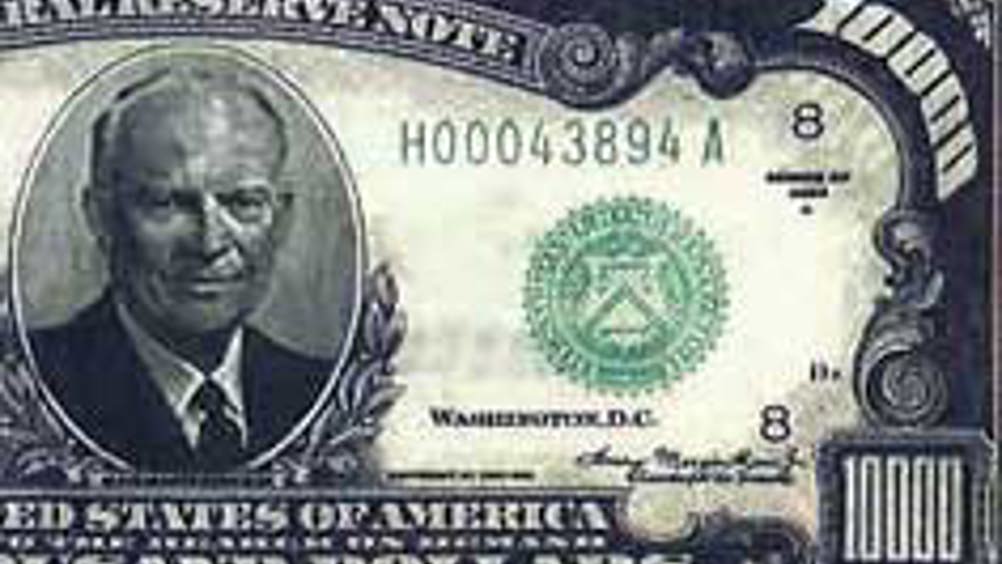ABB to pay $39.3m FCPA violation charge to US SEC
The US Securities and Exchange Commission has charged ABB with violations of the Foreign Corrupt Practices Act (FCPA) for using subsidiaries to pay bribes to Mexican officials to obtain business with government-owned power companies, and to pay kickbacks to Iraq to obtain contracts under the UN Oil for Food Program.

The SEC alleged that the company’s subsidiaries made at least $2.7m (£1.7m) in illicit payments in the schemes to obtain contracts that generated more than $100m in revenues.
Without admitting or denying the allegations, ABB has agreed to pay more than $39.3m to settle the SEC’s charges.
The SEC alleged that, from 1999 to 2004, ABB Network Management (ABB NM) bribed officials in Mexico to obtain and retain business with two government owned electric utilities − Comision Federal de Electricidad (CFE) and Luz y Fuerza del Centro (LyFZ). The bribes were funnelled through ABB NM’s agent and two other companies in Mexico.
The SEC alleged that ABB improperly recorded the bribes on its books as payments for commissions and services on projects in Mexico. Illicit payments included checks and wire transfers to relatives of CFE officials, cash bribes to CFE officials and a Mediterranean cruise holiday for CFE officials and their wives. As a result of this bribery scheme, ABB NM was awarded contracts with CFE and LyFZ that generated more than $90m in revenues and $13m in profits for the company.
Register now to continue reading
Thanks for visiting The Engineer. You’ve now reached your monthly limit of news stories. Register for free to unlock unlimited access to all of our news coverage, as well as premium content including opinion, in-depth features and special reports.
Benefits of registering
-
In-depth insights and coverage of key emerging trends
-
Unrestricted access to special reports throughout the year
-
Daily technology news delivered straight to your inbox










Klein Vision unveils AirCar production prototype
According to the Klein Vision website, they claim the market for flying cars will be $1.5 trillion by 2040, so at the top end $1 million per unit that...